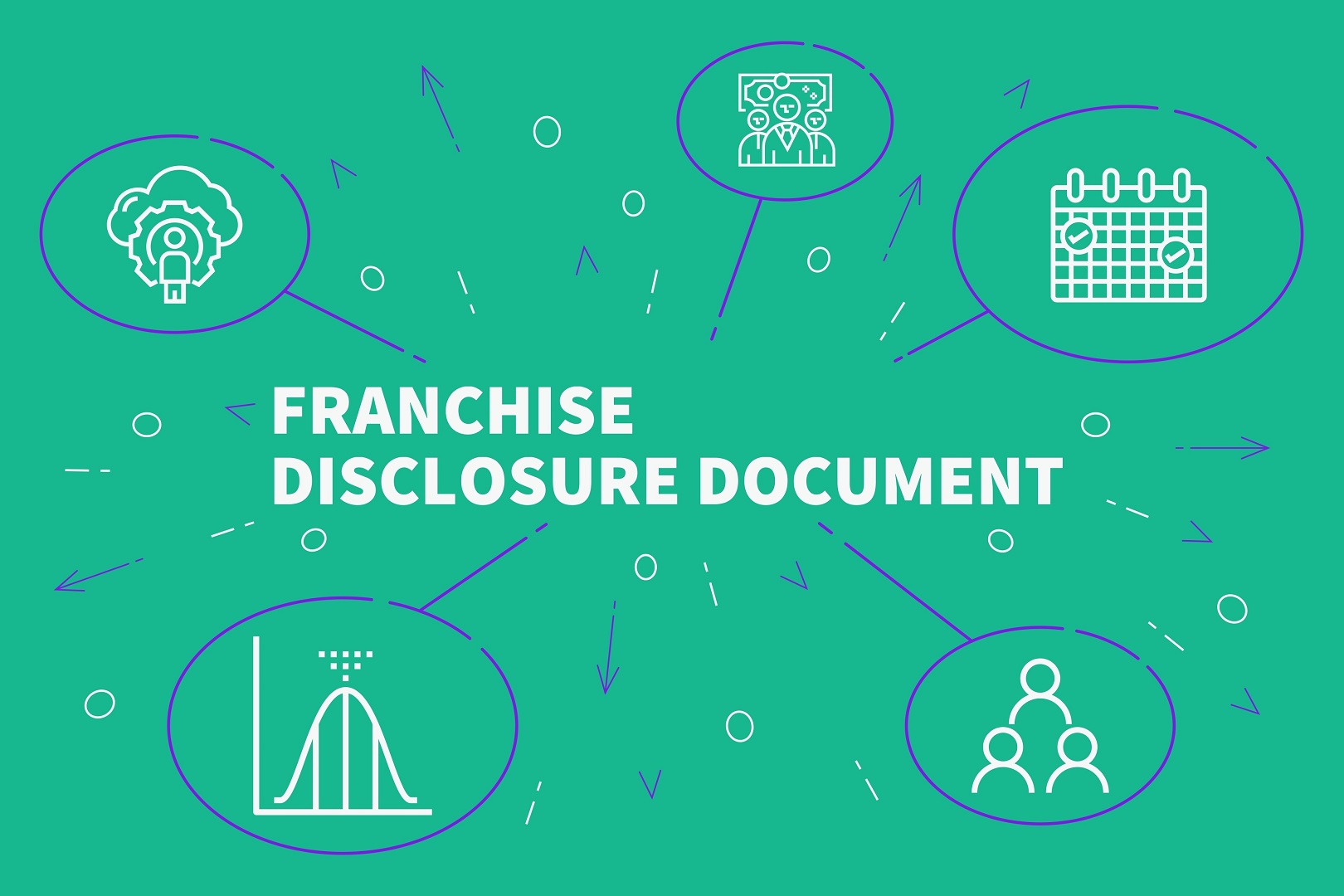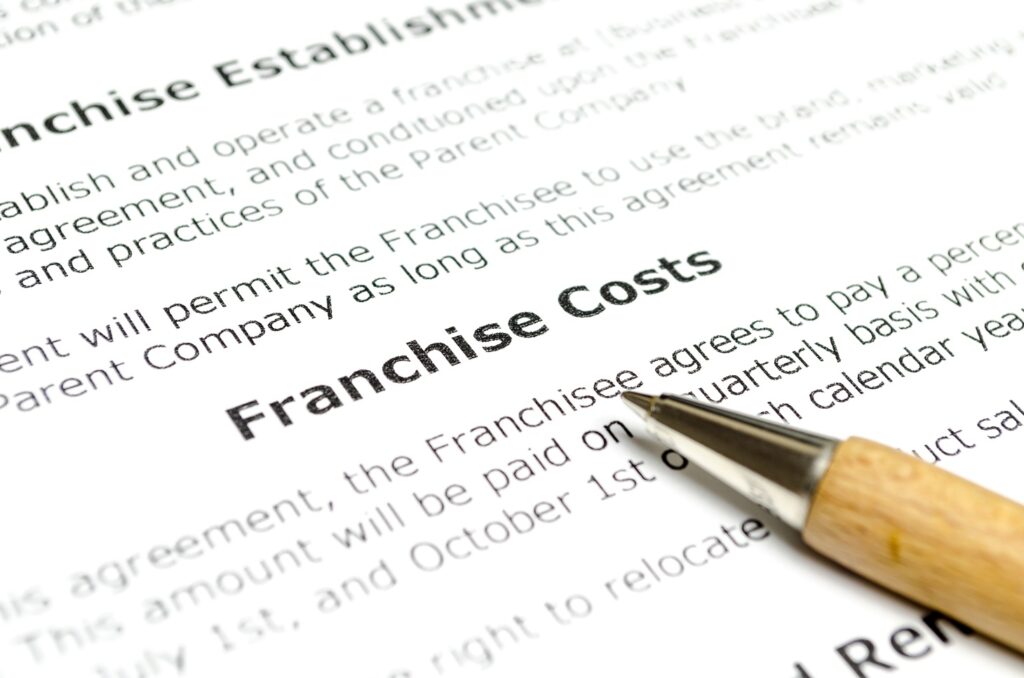Ready to Embark on an Exciting Journey with WIN?
Take the first step toward personal and financial freedom by filling out the interest form. One of our franchise advocates will be in touch with you soon!

Starting a franchise business can be a smart decision for many entrepreneurs. If you’re thinking about joining a franchise system, there is one essential document every prospective franchisee must be familiar with – the Franchise Disclosure Document, or FDD.
This document offers a wealth of information about a franchise, helping you evaluate startup and ongoing costs, your rights and obligations, the franchisor’s support, the franchisor’s financial performance, and other contractual terms.
This article will express the importance of an FDD and walk you through its structure so you can navigate this document efficiently and ultimately, make an informed decision about a franchise.
A Franchise Disclosure Document (FDD) is a comprehensive legal document that franchisors are required to provide to potential franchisees under the Federal Trade Commission (FTC). It offers detailed information about the franchisor, franchise system, and contractual terms.
For entrepreneurs, the FDD is a critical tool to evaluate the potential profitability and viability of a franchise business. It provides transparency, reduces risk, and aids in making an informed decision when considering a particular franchise. Understanding each section is crucial to gauge the benefits and drawbacks associated with the franchise.
This document should be provided to you when you have begun talks with a franchise system. Be sure to read through the FDD in its entirety, seek legal help if needed, and ask questions to the franchise if you need clarification on anything.

The FDD consists of 23 items, each presenting essential information. Here’s a brief description of each:
This provides the business history and corporate family of the franchisor. It helps you understand the franchisor’s background, stability, and growth pattern.
Here, you get insights into the franchisor’s management team, their qualifications, and tenure. This data helps to gauge the company’s leadership strength.
This section informs you of any legal disputes involving the franchisor. High litigation rates may indicate potential issues within the franchise system.
If the franchisor or its affiliates have previously filed for bankruptcy, it is disclosed here. This information is crucial for assessing financial stability.
This provides details about the fees you must pay to start the franchise. It aids in understanding your financial commitment.
In this section, you learn about ongoing costs, such as royalty and advertising fees, enabling you to estimate the operating expenses.
This item offers a range of the total investment required to start the franchise, assisting in budget planning.
The franchisor’s rules regarding where you can buy or lease goods and services are disclosed here. These restrictions can affect the cost of goods sold.
This highlights the rules you must comply with as a franchisee. It informs you of your responsibilities under the franchise agreement.
If the franchisor offers financing options, they are detailed here. This can help with financial planning and leverage.
This section outlines the support you will receive from the franchisor, including marketing and operational support, technological requirements, and training. It helps evaluate the level of assistance the franchisor provides.
This item defines the geographical area where you can operate your franchise, allowing you to assess market saturation and competition.
This provides information about the franchise’s trademarks, giving insight into brand recognition.
Here, you will find details about the franchisor’s intellectual property, showing the uniqueness of the franchise offering.
This section highlights whether you are required to participate personally in the franchise operations. This factor may influence your decision based on your availability and operational style.
This outlines the franchisor’s rules on the products or services you can sell. It informs you of the business’s scope.
This crucial section details your rights and obligations concerning contract renewal, termination, and dispute resolution, offering insights into your long-term association with the franchise.
If the franchise uses public figures in marketing, they are identified here. This may affect the franchise’s popularity and marketing strategy.
This provides data on the financial performance of existing units. It can help predict the potential profitability of your franchise.
This details the number of existing franchises, closures, and contact information for current and former franchisees. It helps in assessing franchise growth and sustainability.
This section presents the franchisor’s audited financial statements, providing a clear view of the franchisor’s financial health.
Here, you’ll find samples of the franchisor’s contracts, giving you an idea of the terms and conditions you will be bound by.
This acknowledges that you’ve received the FDD, maintaining transparency between both parties.
While the FDD can be overwhelming due to its complexity, understanding it thoroughly is fundamental to making an informed decision. Don’t rush through it; instead, take your time and consider consulting with a franchise attorney to help dissect the details. Remember, the key to a successful franchise business lies in the fine print of the FDD.
With the right analysis and understanding of the FDD, you can evaluate potential franchises effectively and find the right fit for your entrepreneurial journey. Now that you have a clearer understanding of the FDD, you are one step closer to owning your dream franchise.
Looking to start a franchise business? Consider starting a home inspection business with WIN, the #1 ranked and fastest-growing home inspection franchise in the U.S. With 30 years in business, we offer franchise owners a proven business model, unmatched support, and a track record of financial stability. For more information about owning a home inspection business with WIN contact us at 800-967-8127 or franchising@wini.com.